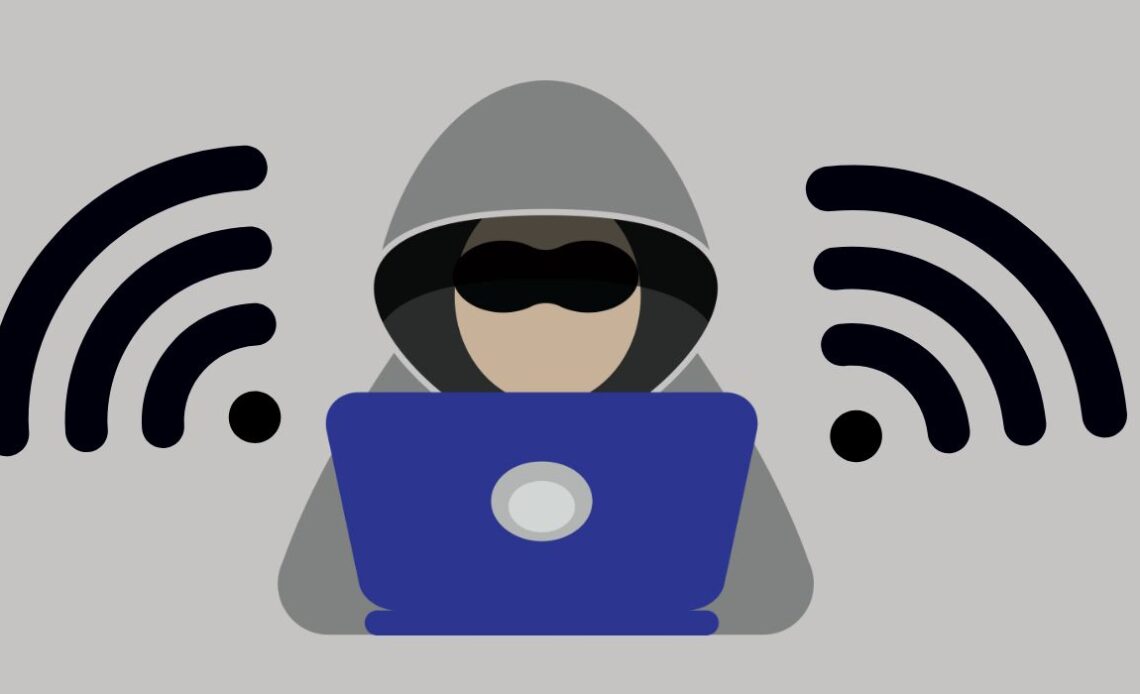
With the increasing use of mobile devices, laptops, and tablets, public Wi-Fi networks have become an essential part of our daily lives. They provide us with the convenience of being able to connect to the internet on-the-go, but they also come with their own set of risks. This is especially true in Kenya, where public Wi-Fi networks are available in most coffee shops, restaurants and some businesses. Most people are drawn to these establishments such as JAVA Coffee House because of the free Wi-Fi but it is important to know that the networks may not always be secure. In this blog post, we will discuss the risks of using public Wi-Fi in Kenya and provide tips on how to use it safely.
Risks of Public Wi-Fi in Kenya
Man-in-the-Middle (MITM) Attacks
A Man-in-the-Middle (MITM) attack is a type of cyber attack where an attacker intercepts the communication between two parties. When you connect to a public Wi-Fi network, your device is vulnerable to such attacks. Hackers can easily intercept your data and steal your sensitive information, such as passwords, credit card details, and personal information.
Malware Infections
Public Wi-Fi networks in Kenya are also prone to malware infections. Hackers can easily inject malicious code into the Wi-Fi network, which can then infect your device. Once infected, malware can steal your data, track your online activities, and even take control of your device.
Fake Wi-Fi Networks
Fake Wi-Fi networks are another risk of public Wi-Fi in Kenya. These networks can be created by hackers to mimic legitimate Wi-Fi networks. When you connect to such networks, hackers can intercept your data and steal your sensitive information.
Tips for Using Public Wi-Fi Safely in Kenya
- Use a VPN
Using a Virtual Private Network (VPN) is the best way to secure your internet connection on public Wi-Fi networks. A VPN encrypts your data and sends it through a secure tunnel, making it difficult for hackers to intercept and steal your information. There are many VPN services available, both free and paid, that you can use to protect your data.
- Avoid Financial Transactions
Avoid making financial transactions, such as online banking, on public Wi-Fi networks. These networks are not secure, and hackers can easily steal your financial information. If you need to make financial transactions, use a trusted mobile network or wait until you are on a secure Wi-Fi network.
- Keep Your Devices Updated
Keeping your devices updated with the latest software and security patches is important. These updates contain security fixes that address known vulnerabilities, which can help protect your device from cyber attacks.
- Disable Auto-Connect
Disabling auto-connect on your device can help protect your data on public Wi-Fi networks. When auto-connect is enabled, your device will automatically connect to any available Wi-Fi network, even if it is not secure. By disabling auto-connect, you can choose which networks to connect to, which can help reduce the risk of connecting to a fake Wi-Fi network.
- Use Two-Factor Authentication
Using two-factor authentication (2FA) can add an extra layer of security to your online accounts. 2FA requires you to enter a second form of identification, such as a code sent to your mobile device, in addition to your password. This can help prevent hackers from accessing your accounts, even if they have your password.
Read: Cybersecurity Report: Rising digital attacks key concern for IT managers in 2022

